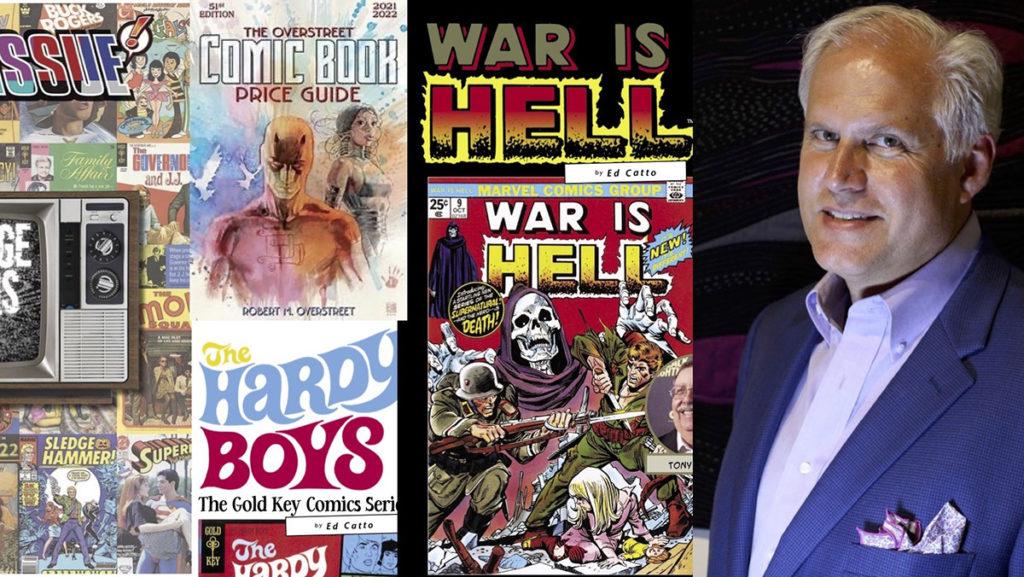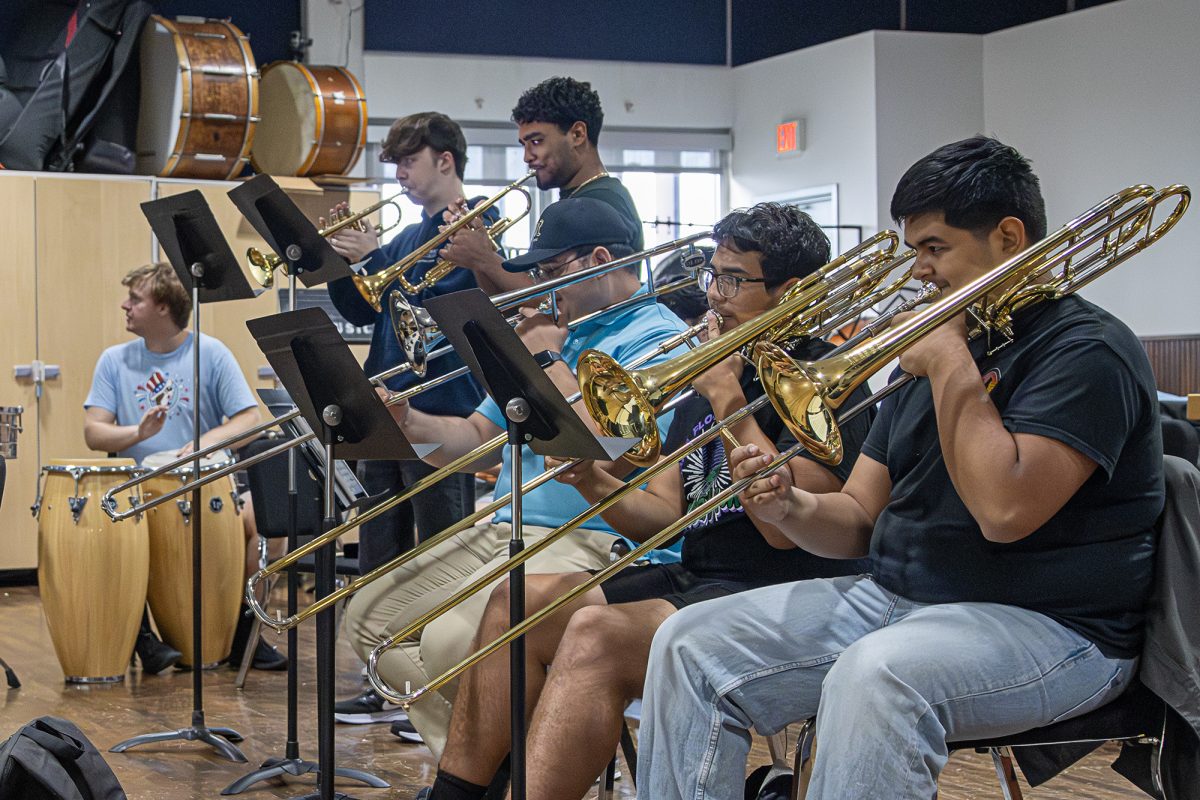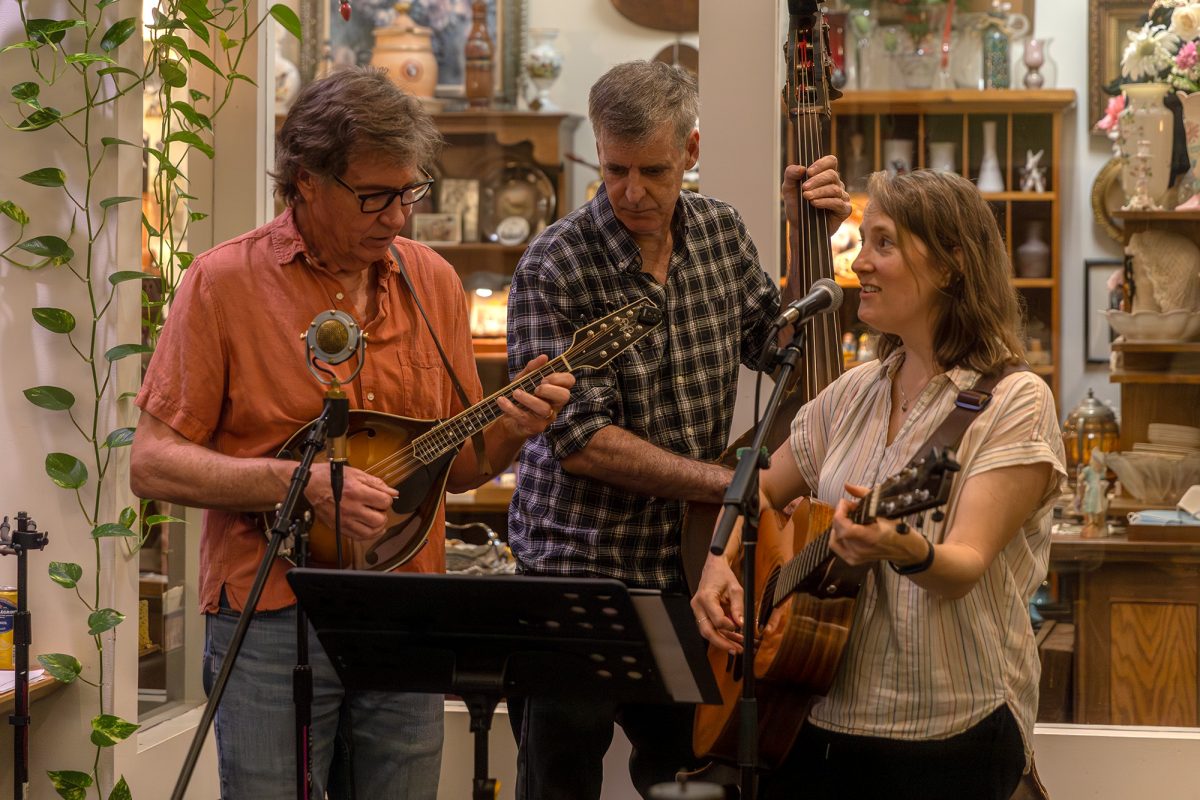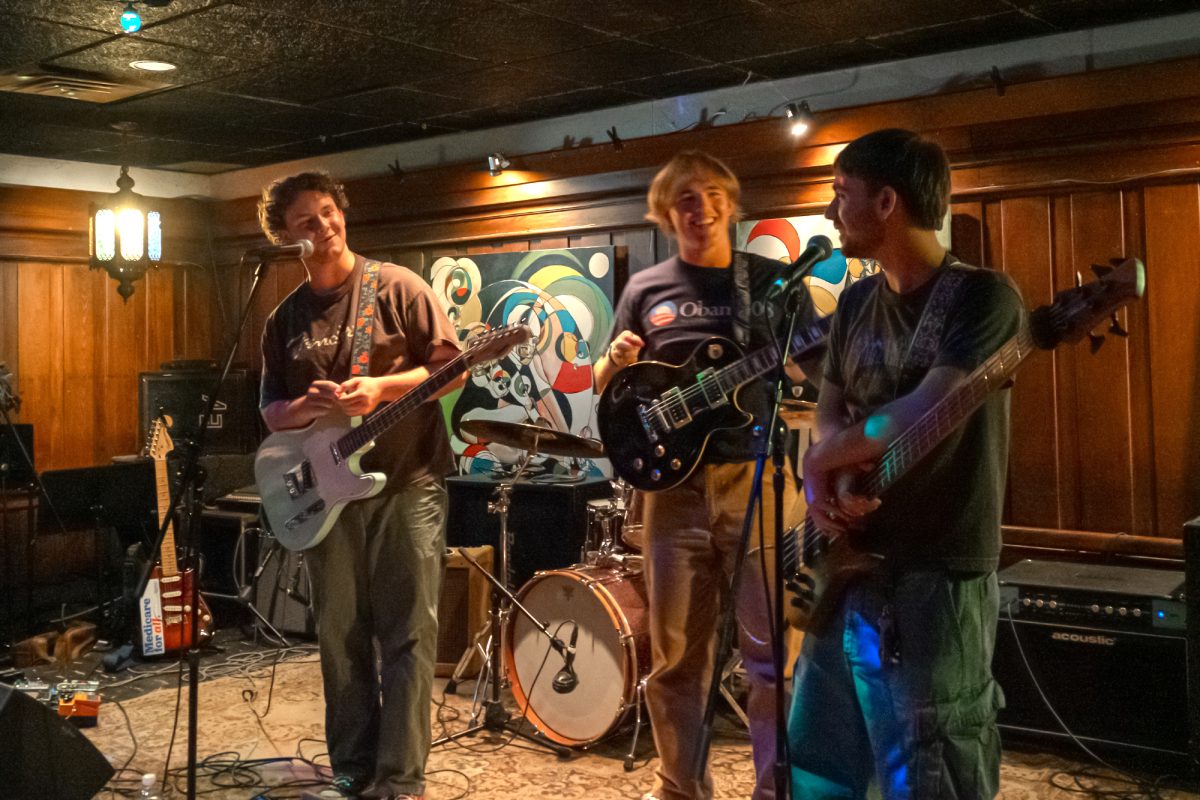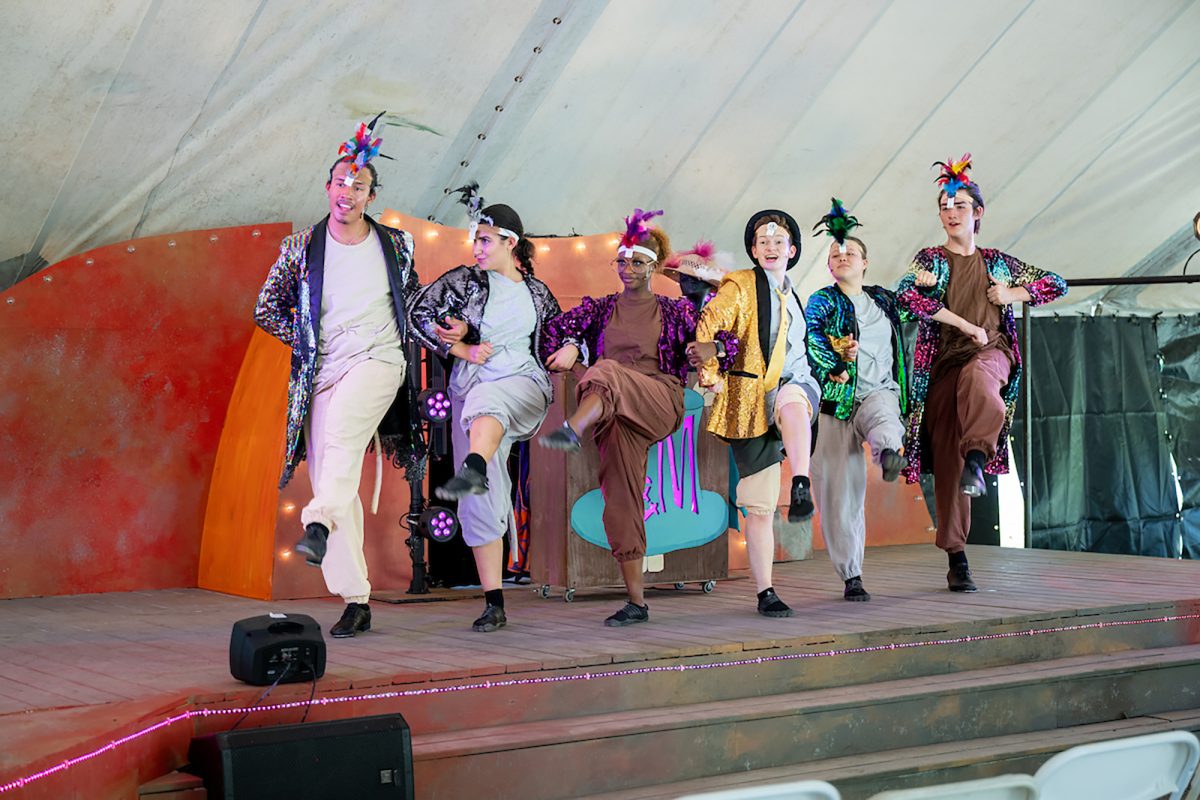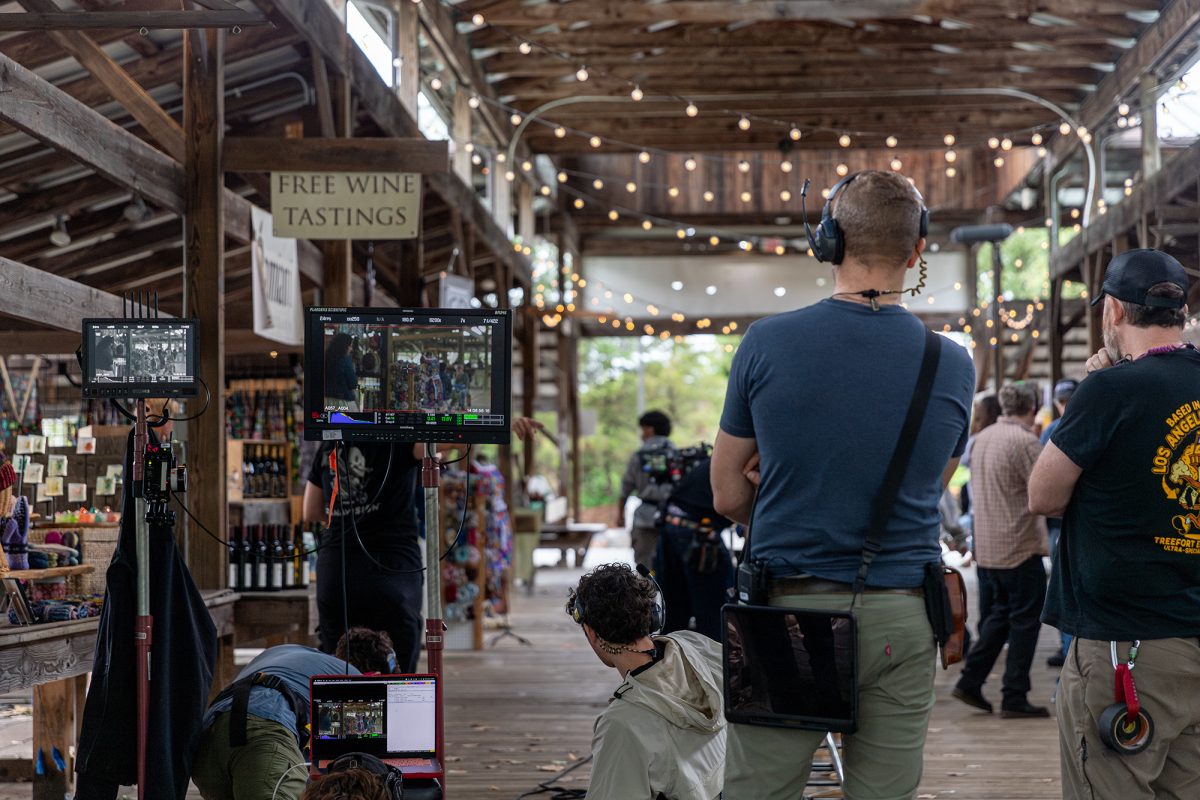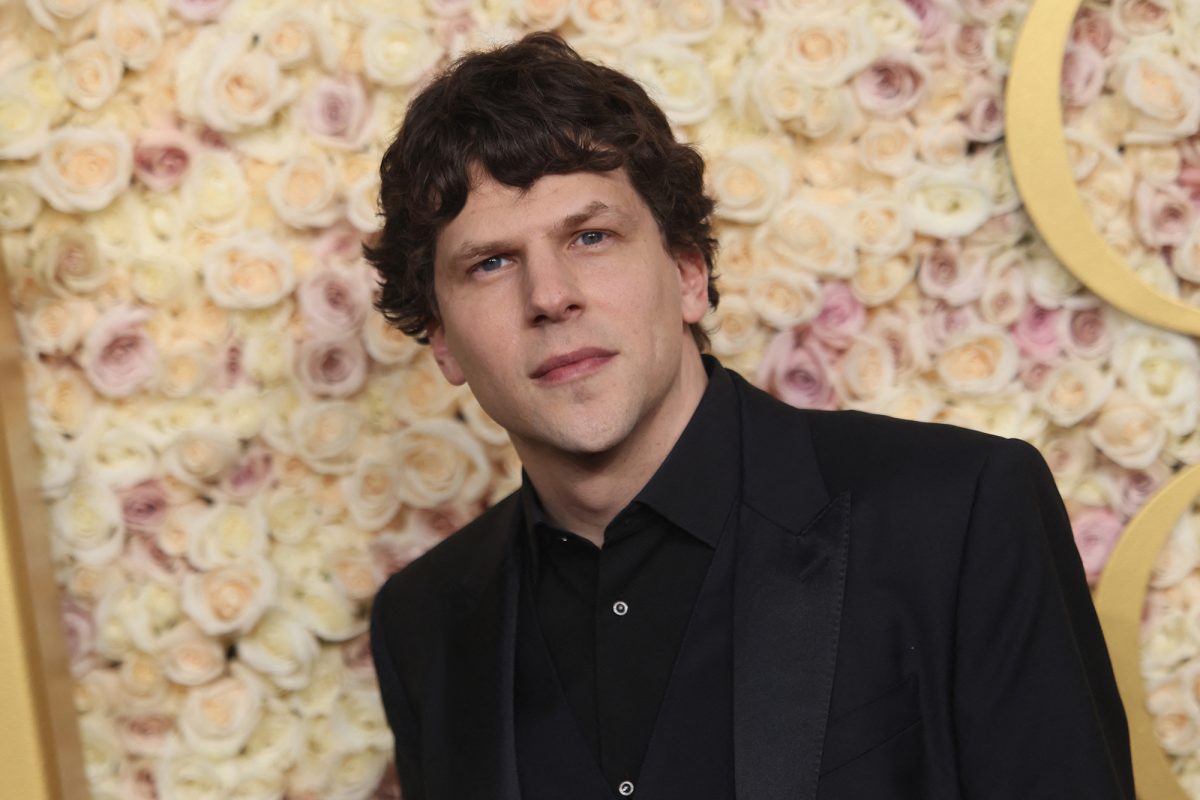Ed Catto, instructor in the Department of Management, is a comic book historian who explored pop culture entrepreneurship in four published articles this summer. Catto also moderated a panel called “Past is Prologue: The Fascinating New Comic Creator Bios” at San Diego Comic-Con 2021.
Elijah de Castro, assistant life and culture editor, spoke with Catto about his life as a historian of pop culture entrepreneurs, the panel and his upcoming projects.
This interview has been edited for length and clarity.
Elijah de Castro: Walk me through your history with comic books. What got you into them and what led to where you are now with hosting these panels and being a historian on entertainment entrepreneurs?
Ed Catto: My love for comic books and pop culture stretches back to when I was a little kid, probably inspired by the Adam West Batman TV show. My mom and dad, as many people of their generation, were readers of comic books. … So, I became a voracious reader as a kid and then one of the things, believe it or not, that sparked my passion for this is going to Ithacon, way back in the 70s. So about 45 years ago, I went to Ithacon number two … because I grew up about an hour from Ithaca. When I went there, it kind of blew my mind, so I’ve always had that kind of love.
ED: You moderated a panel at San Diego Comic-Con called “The Past is Prologue” with authors Jennifer DeRoss, Danny Fingeroth, Ken Quattro and Brett Dakin. What was the experience of … moderating the panel like and what was your relationship to them prior to that?
EC: I’ve been involved with moderating panels at conventions big and small — big ones like San Diego and New York and smaller ones too — for years and years, and I just loved it. I think it’s a great way to get the history out, get the knowledge out, to celebrate the accomplishments of creators throughout their career and what they’ve done and their end product. That particular panel was unique, we only met virtually. With my classes at IC, specifically the Ithacon class and to a lesser extent the hidden entrepreneur class, we’ve been looking into the past and studying these entrepreneurs in the creative space. Each of those four wrote fascinating books about people who were involved in that space.
ED: You also teach in the School of Business. How does your love for comic books connect with the classes that you teach as a marketing executive? Also, do you ever teach anything in class about the work you do as a historian?
EC: Really, my main focus in the business school is teaching business classes. I teach some intro classes … and then my real focus is entrepreneurism in startups, we’ve made it a minor. It’s really cool … the stuff I do with comics and graphic novels and conventions and all that, it always seeps its way into particular things that we do. One class I teach is Ithacon, where we have students manage and promote comic conventions, but the other ones are traditional business classes, and every now and again I’ll drag someone from the world of entertainment or pop culture in to be a guest speaker.
ED: In your field, where do you see the entertainment and entrepreneurship that you study as a business professor and as a historian headed?
EC: History does give us a great understanding and a foundation for analyzing what’s going to happen … the most interesting part about your question when it comes to entertainment entrepreneurs is that no one knows. I don’t know and anyone who tells you they know is wrong. We’ve seen theatrical moviemaking kind of collapse with the advent of streaming and COVID. It’s going to be really different as we go forward, we’ve seen publishing greatly shift gears. c


